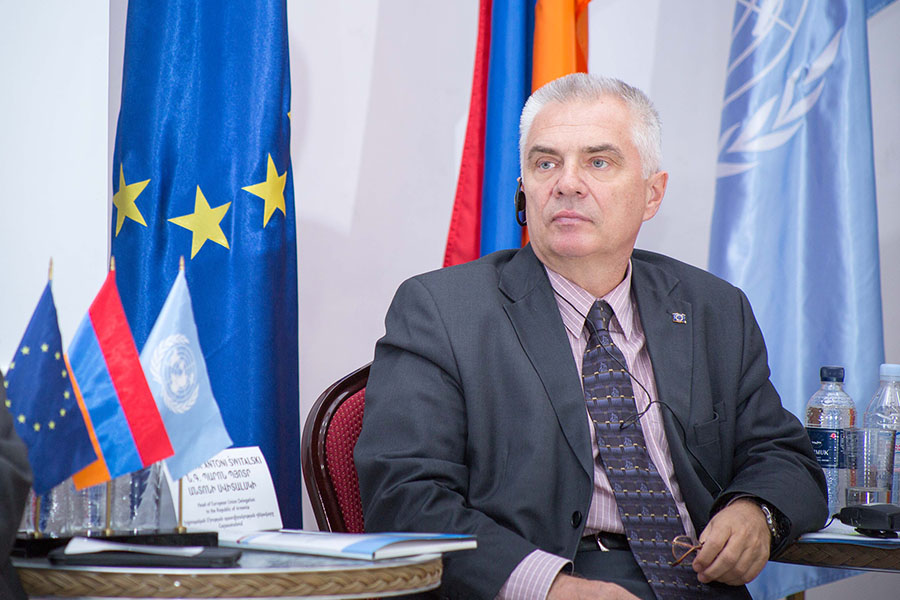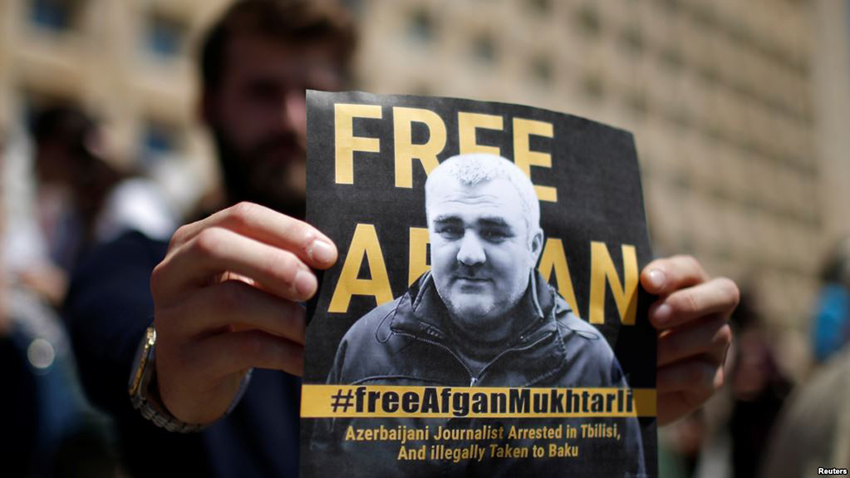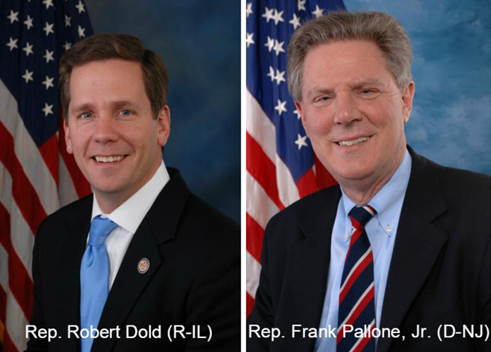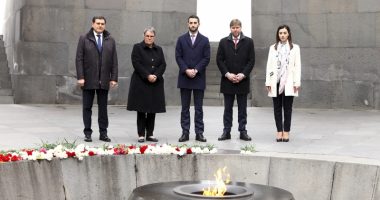YEREVAN — Piotr Switalski the head of the European Union mission in Armenia has questioned the credibility of the country’s Central Election Commission (CEC) dominated by government loyalists.
The EU envoy called for changes in the CEC’s composition when he spoke earlier in the day at a seminar in Yerevan that focused on the conduct of the recent Armenian parliamentary elections. He also decried vote buying and other irregularities reported during the parliamentary race.
“The Central Election Commission is especially important to Armenians,” Switalski said. “I appreciate the work of the CEC but it needs to enjoy a great deal of public trust.”
“I think that the CEC should be expanded to comprise civil society representatives. My advice to Armenians is: think about how to make the CEC credible,” he added.
The CEC organizes and conducts all Armenian elections. According to its official vote results, the ruling Republican Party of Armenia (HHK) scored a landslide victory in the April 2 elections. Most Armenian opposition parties believe that the election outcome was primarily decided by vote buying. Some opposition parties have also alleged more serious violations.
On April 4, a spokesperson for Federica Mogherini, the EU’s foreign policy chief, echoed European observers’ preliminary conclusion that the elections were marred by “credible information about vote-buying” and voter intimidation, even though “fundamental freedoms were generally respected.”
“The election result nevertheless reflects the overall will of the Armenian people,” she added in a statement. The statement also said that electronic equipment installed in polling stations across Armenia prevented more serious fraud such as multiple voting.
Early this year, the EU provided the Armenian authorities with more than $7 million for the purchase of voter authentication devices and web cameras that recorded and broadcast through the Internet voting and ballot counting from the vast majority of polling stations. The anti-fraud measures stemmed from a set of amendments to the Electoral Code that were enacted last all in line with a compromise agreement reached by the Armenian government and the parliamentary opposition.
Switalski noted that the elections were generally fair “inside the polling stations.” But he said they also demonstrated that the code needs to undergo further “improvement.”He specifically questioned the country’s complicated system of proportional representation.
Under that system, Armenians voted not only for political parties or blocs but also individual candidates nominated by those election contenders. Many such candidates fielded by the ruling HHK are wealthy individuals accused by the opposition, media and civic groups of handing out vote bribes.
The EU official on Thursday also did not mince words about vote buying and election-related pressure that was exerted on public and private sector workers. “We are aware of cases of vote buying, threats and voting guidance,” he said. “There was even a photograph of doctors at a medical institution voting in place of patients. They may be minor phenomena but they have an impact.”










